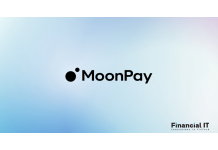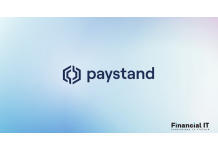Broadridge’s Tokenization Capability Enables Societe...
- 18.11.2025 02:05 pm
UBS and Ant International Partner on Blockchain-Based...
- 17.11.2025 10:25 am
MoonPay Launches Enterprise Stablecoin Services,...
- 14.11.2025 09:25 am
Diversification Replaces Speculation as Core...
- 12.11.2025 08:55 am
Broadridge’s Distributed Ledger Repo Platform...
- 10.11.2025 10:25 am
Paystand Acquires Bitwage to Make Stablecoins...
- 10.11.2025 08:55 am
Chainlink Collaborates With FTSE Russell to Publish...
- 04.11.2025 01:20 pm
Ondo and Chainlink Announce Landmark Strategic...
- 31.10.2025 10:05 am
Fireblocks Acquires Dynamic: Accelerating Onchain...
- 24.10.2025 11:05 am
MQube Becomes First Fintech in Europe to Tokenise...
- 14.10.2025 10:20 am
MoonPay Partners with Axiom to Power Seamless DeFi...
- 08.10.2025 02:05 pm
Digital Asset Adoption Accelerates Alongside...
- 30.09.2025 08:15 am






















